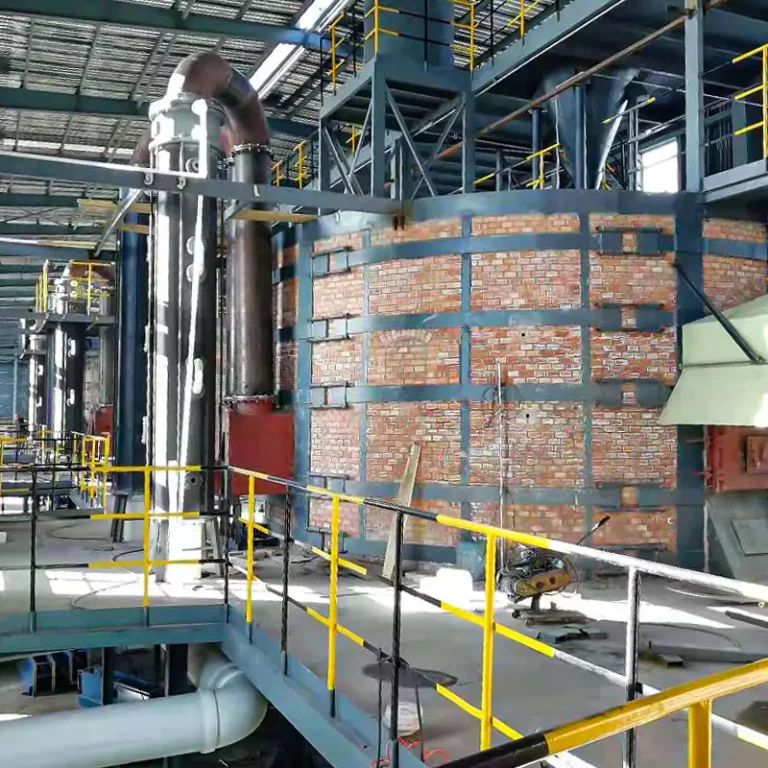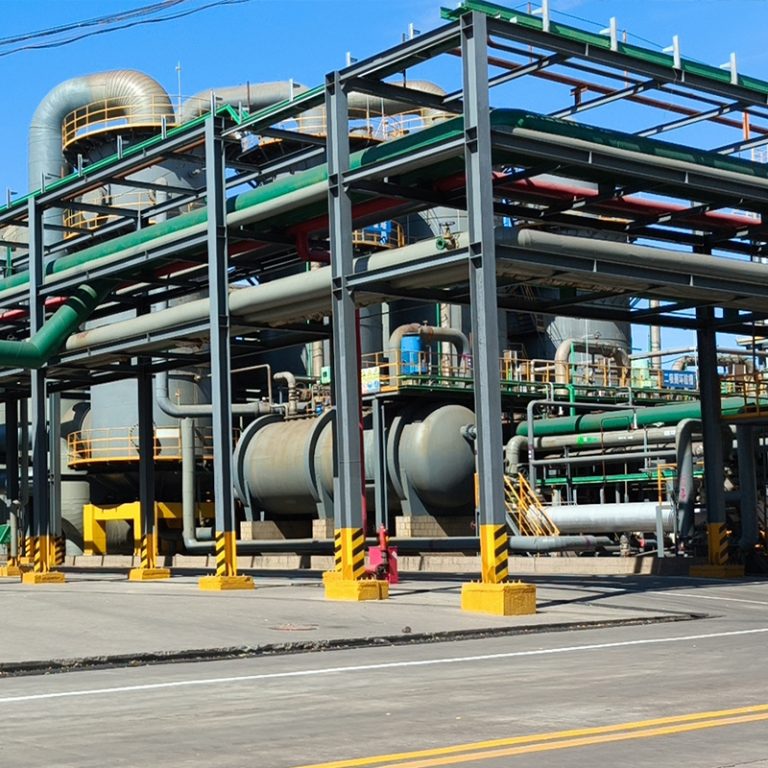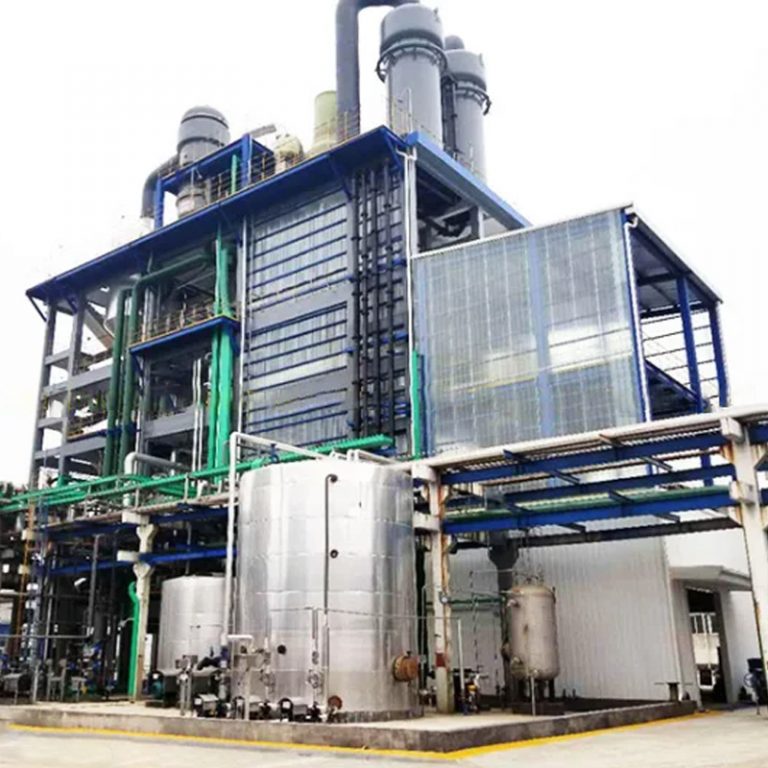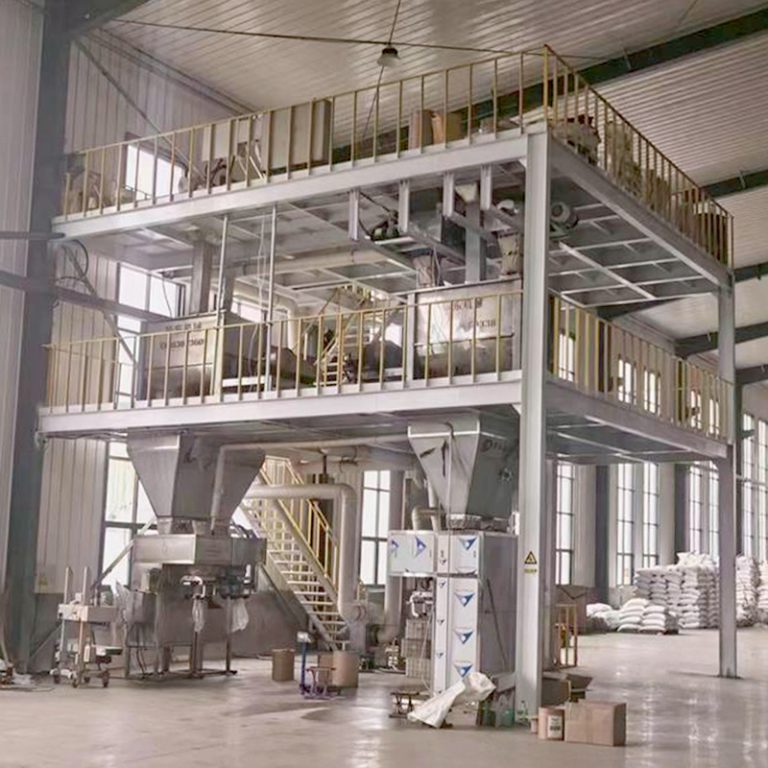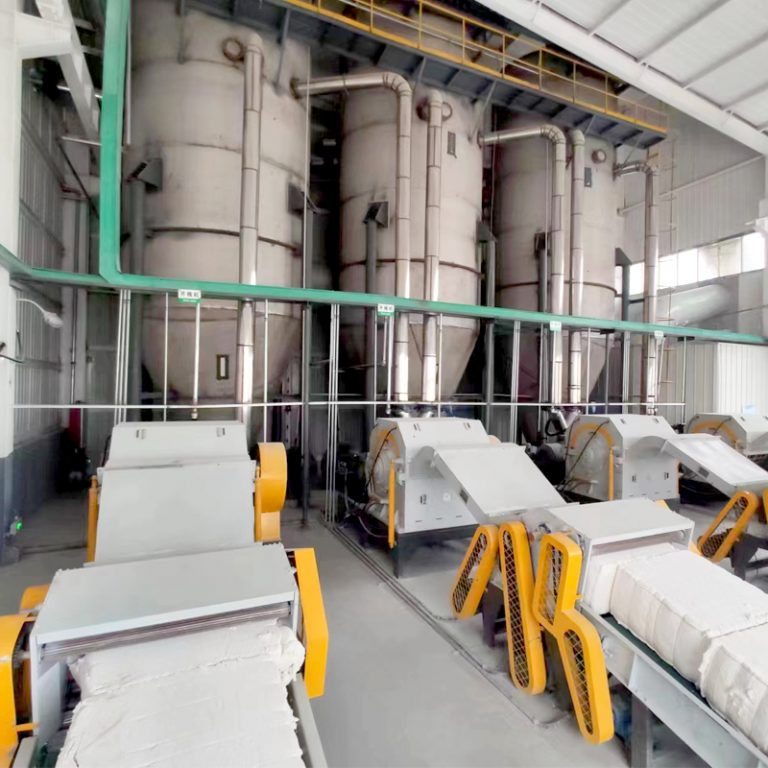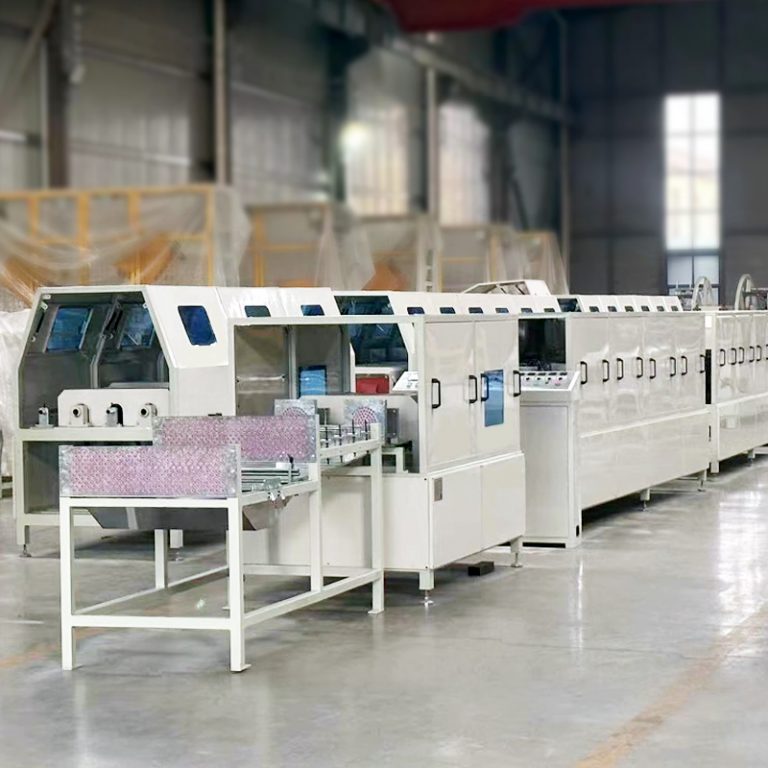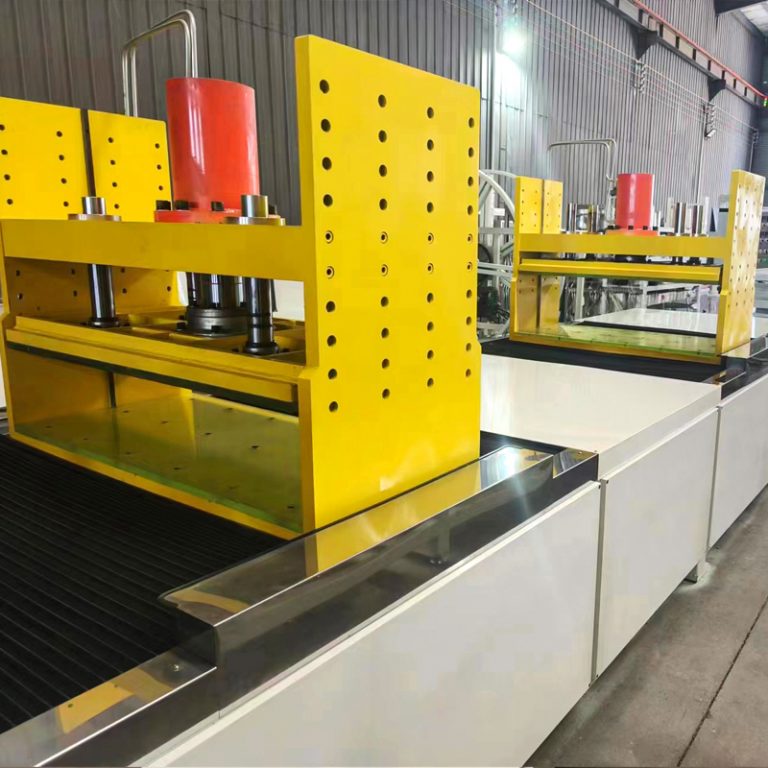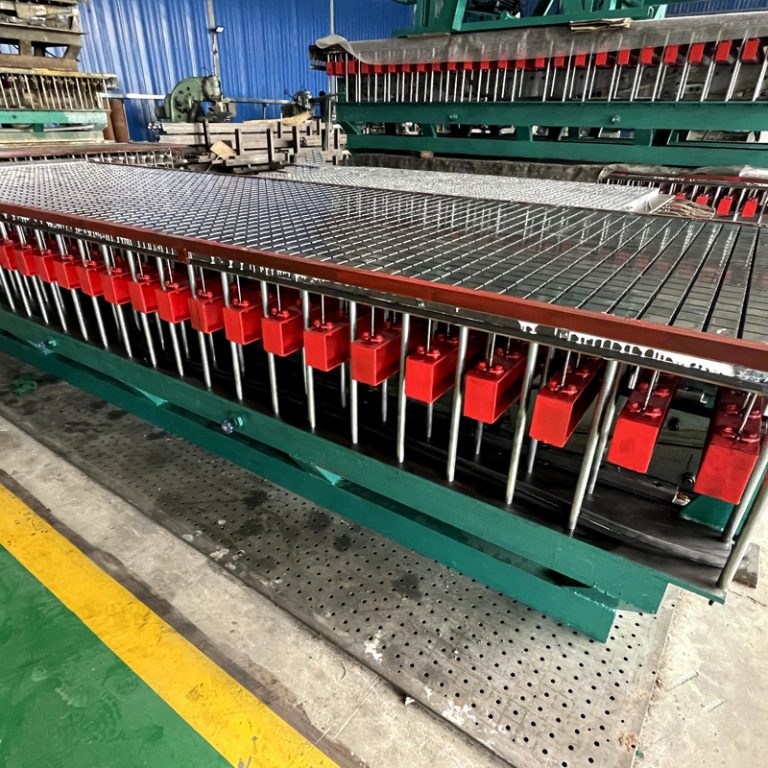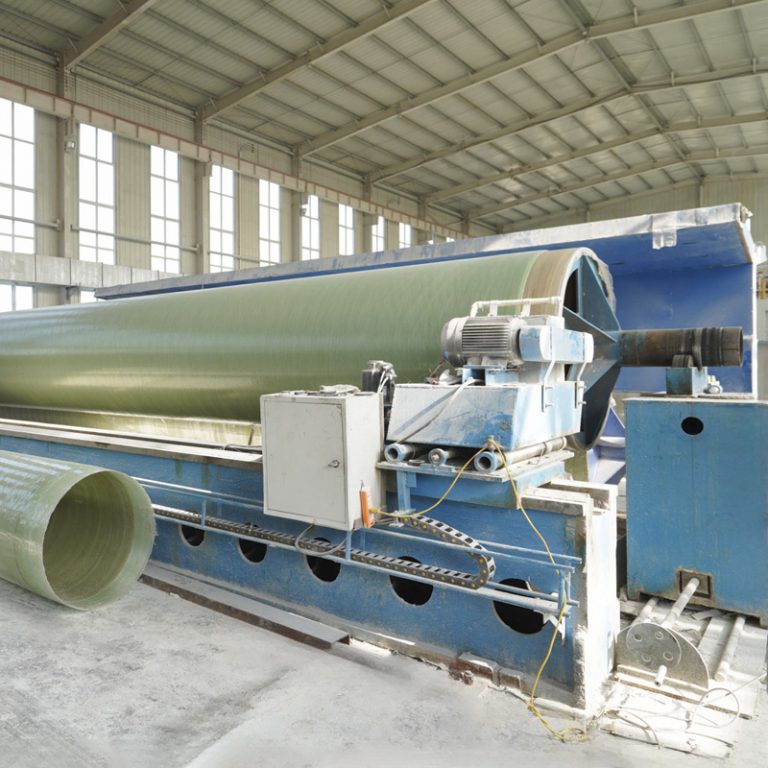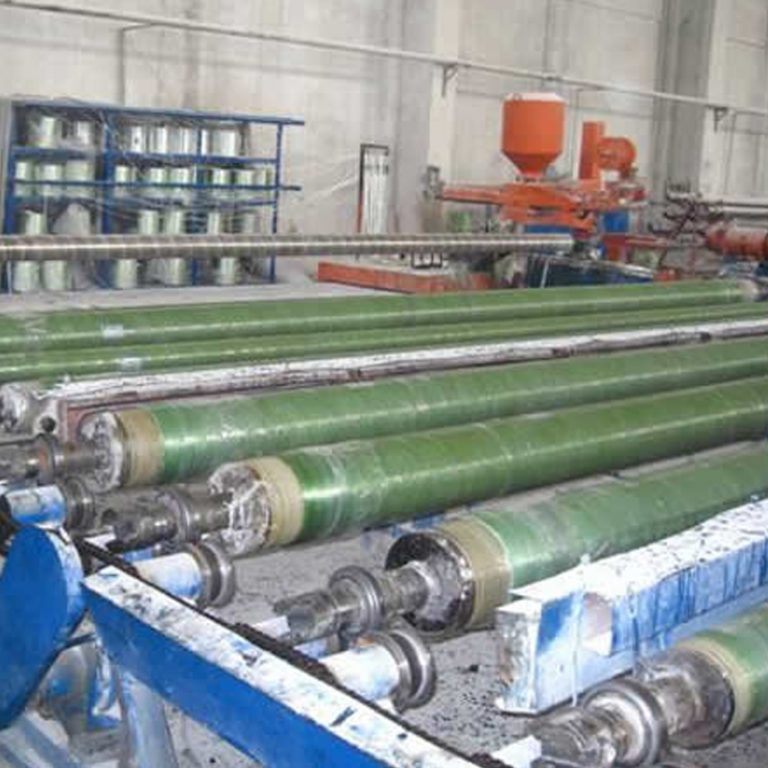Maximizing Efficiency in Potassium/Sodium Sulfate Production
Key Considerations for Production Line Setup
There are several important factors in establishing an efficient Potassium/Sodium Sulfate Production Line. Choosing the right kind of equipment is actually very critical; it impacts product quality and running costs. It is necessary to think of new technologies, such as the potassium sulfate from the manufacturer Aoliande using the Mannheim process. In addition, the production line layout should allow for smooth workflow while also mitigating bottlenecks.
Select enough space for storage, processing, and handling of materials to maintain the uninterrupted process. Moreover, adhering to safety and eco-compliance is imperative for ensuring uninterrupted operations and also, meeting sustainability goals. Consulting with industry professionals on a regular basis may illuminate the best practices for setting up production lines. Frequent meetings with industry veterans offer details on best practices for setting up your production line.
Enhancing Process Control
It is important for the Potassium/Sodium Sulfate Production Line to control its processes in order to ensure product quality. Such systems can be equipped with high-end monitoring that provides real-time insight into parameters such as temperature, pressure and flow rates of materials. Automation is the term for technology that utilizes control systems such as computers or robots to handle different processes, ML (Machine Learning) makes changes in the course of ongoing production, and through PLC (Programmable Logic Controllers), this type of automation is determined by reduction in manpower.
Furthermore, Statistical Process Control (SPC) techniques can track the variations and take corrective action on time. Training all operators to learn what it takes to deploy and run these systems will strengthen operational reliability. Investing in process control technologies improves overall efficiency while not only decreasing costs related to waste but ultimately reducing rework as well.
Integrating Sustainability in Production Operations
Eco-Friendly Raw Materials and Chemical Use
Over the past several years, it has become increasingly clear just how important sustainability is in the world of chemical manufacturing. Well, choosing green origins improves the environment and if you reduce unsustainable chemicals throughout the Potassium/Sodium Sulfate Production Line, it can play an essential role in decreasing environmental damage. The inputs into the production process should be evaluated to align with corporate social responsibility and therefore, Aoliande suggests putting suppliers under evaluation according to their sustainability practices.
Creating processes that enable the re-capture and recycling of byproducts, like hydrochloric acid, reduces waste and may also create savings. Collectively, these actions improve overall productivity, while also meeting ever more stringent environmental regulations which are essential for long-term sustainability. These measures not only improve long-term viability, which is always a must-having requirement in meeting the growing pressure for eco-design but also help boost production capacities and efficiencies nearby.
Energy Efficiency Measures
It is indispensable that one properly handles energy consumption when it comes to running a Potassium/Sodium Sulfate Production Line. By implementing energy-efficient designs and technologies, significant cost savings can be achieved. Comprising the use of advanced energy furnaces and what is called smart heating could lessen fuel consumption while upholding quality for your production. The fuel consumption can be reduced, while the production quality is assured, by using energy-efficient furnaces and optimizing the heating processes.
Incorporating the use of renewable energy sources such as solar or wind within their manufacture can decrease reliance on conventional power and allow for improved sustainability. Hebei Aoliande is turning toward enhancing energy use on the production line level, benefitting the environment as well as controlling costs. Periodic energy audits should also be carried out to determine the scope for improvement and implement energy conservation measures.
Enhancing Product Quality and Consistency
Strict Quality Control Measures
To maintain the best quality of potassium/sodium sulfate production, flaking processes on the production line must implement strict quality control procedures. This includes implementing strict testing procedures and SOPs for raw materials and final products. With these practices, even minute deviations can be identified at an early stage by manufacturers enabling corrective measures promptly. To maintain accuracy, regular audits and calibrations must be performed which will preserve the integrity of the product by keeping measuring instruments and testing equipment at par.
Packaging and Storage Best Practices
Well-packed and stored potassium/sodium sulfate can better maintain the quality of the product and prolong its shelf life. In a particular sulfate process route, the packaging materials should be selected according to the chemical characteristics of the sulfate products (to be unadulterated and stable during transport and storage). The use of sealed, encapsulated, moisture-proof bags or containers substantially decreases the threats posed to product quality from environmental factors that degrade product matter.
In addition, storage facilities must be established with conditions that preclude contamination and allow for easy access to products; This takes me to the next point, where temperature and humidity management are very important; if these two variables change it can corrupt a reaction or cause product spoilage. Frequent checks on your inventory give you time to spot if something is damaged in its packaging, which allows you to act as soon as this happens, in order that it does not lead to loss. These practices ensure not just product quality, but also efficiency and customer satisfaction by ensuring the delivery of good-quality products in perfect shape.
Exploring Aoliande’s Advanced Solutions
Overview of Aoliande’s Potassium/Sodium Sulfate Production Line
Hebei Aoliande Chemical Equipment Co., Ltd are professional team developer of solutions for potassium/sodium sulfate production lines adopting to Mannheim method. It is particularly efficient and provides high-purity potassium sulfate. Aoliande adopts a produce line with a high reaction rate, full of integrating technology to ensure the highest production yield and minimize energy consumption.
Includes special materials that make the equipment more durable to withstand the corrosive environment of chemical reactions. Aoliande offers patent-ready processing lines that integrate systems with reduced environmental impact, such as recycling hydrochloric acid for re-use at the plant for lower overall costs from both labor and material standpoints. Aoliande has helped its clients realize professionally proven high-quality outputs while making use of sustainable innovations through an emphatic continuous technological up-gradation along with a commitment to quality.
Aoliande’s Other Premium Products
Apart from the potassium/sodium sulfate production line, other high-quality products manufactured by Aoliande are extensively used in industrial applications. This is coupled with specialized equipment for manufacturing hydroxypropyl methylcellulose (HPMC), calcium chloride, and water-soluble fertilizers. Utilized in different product lines Aoliande will always be responsible for providing the most innovative solutions to meet both Industry needs and Safety standards.
FRP Filament Winding Machine Specification and Uses
Aoliande’s FRP (Fiber Reinforced Plastic) filament winding machines is the latest in composite manufacturing. Using state-of-the-art winding technology, these machines are capable of manufacturing FRP components characterized by strength, durability and lightweight; ideal for applications such as chemical storage tanks and construction materials. The winding technology used in the machine helps create FRP parts that are strong, durable, and lightweight; so everywhere from chemical storage tanks to construction materials can be molded with this machine.
These machines are high-speed spooling, multi-axis control for precision winding with custom configurations to suit different product shapes as well as sizes. Moreover, machines are designed with corrosion-resistant materials ensuring longer life while maintenance is reduced significantly. The ability of FRP components to withstand chemicals and environmental degradation makes Aoliande’s machines an essential part of modern manufacturing processes in a range of industries.








